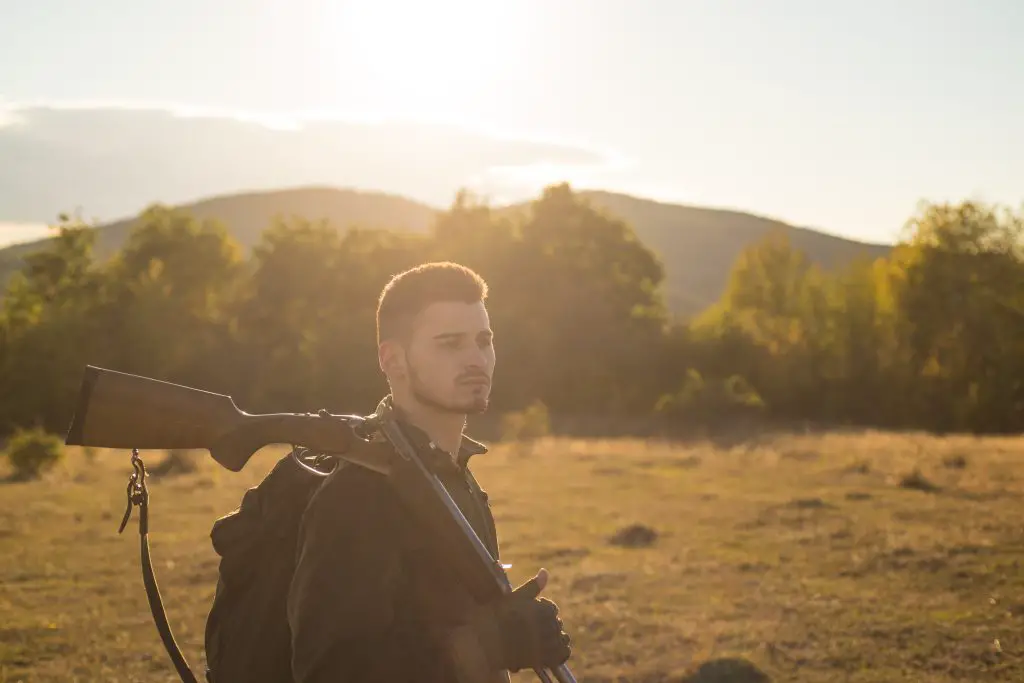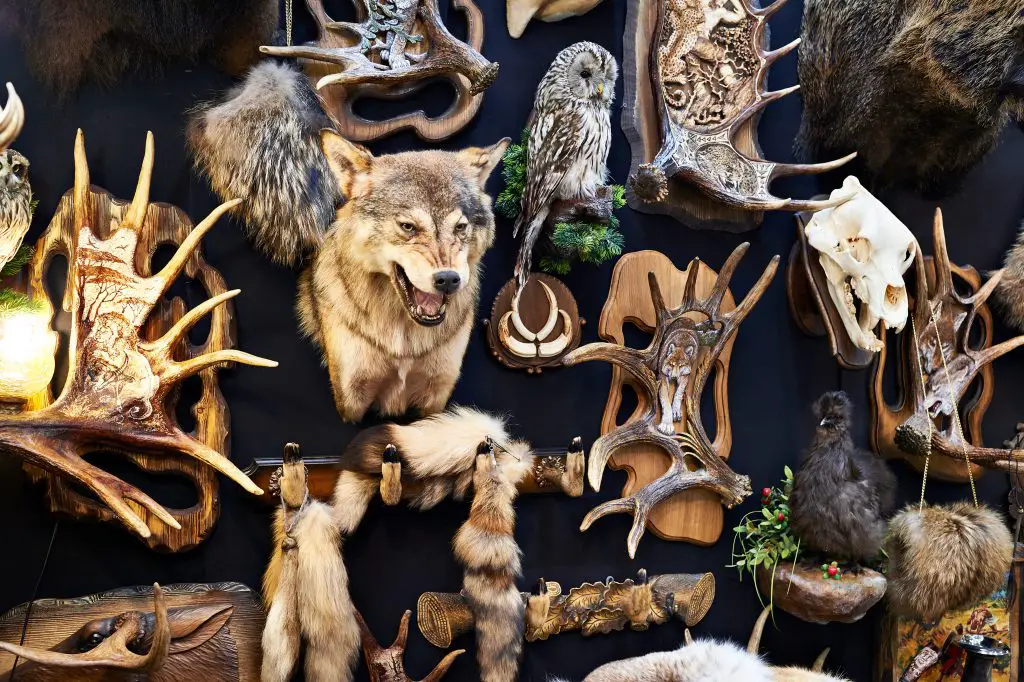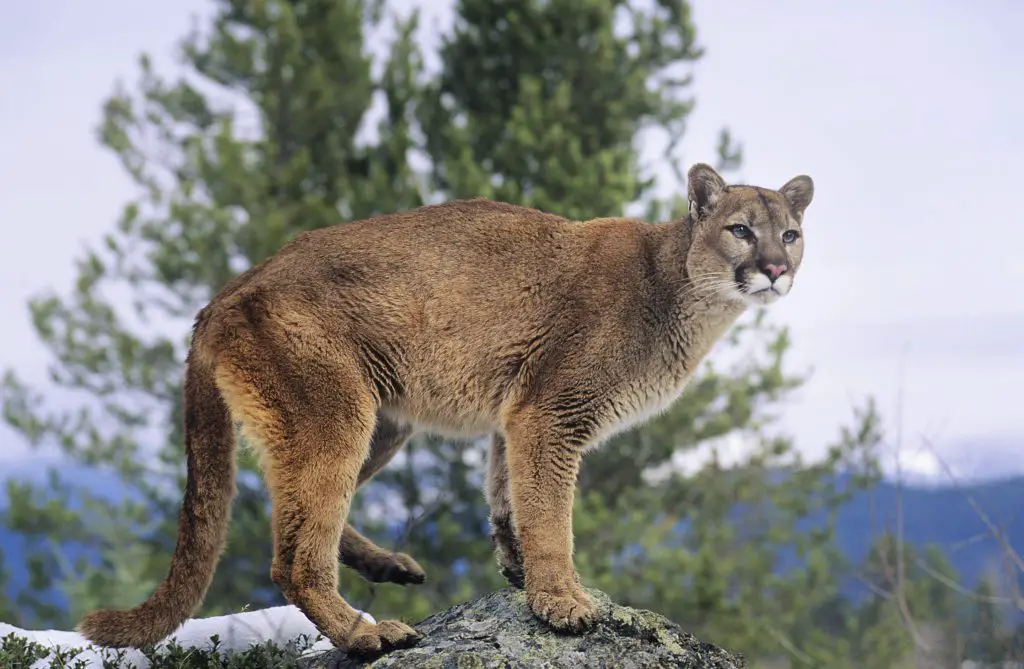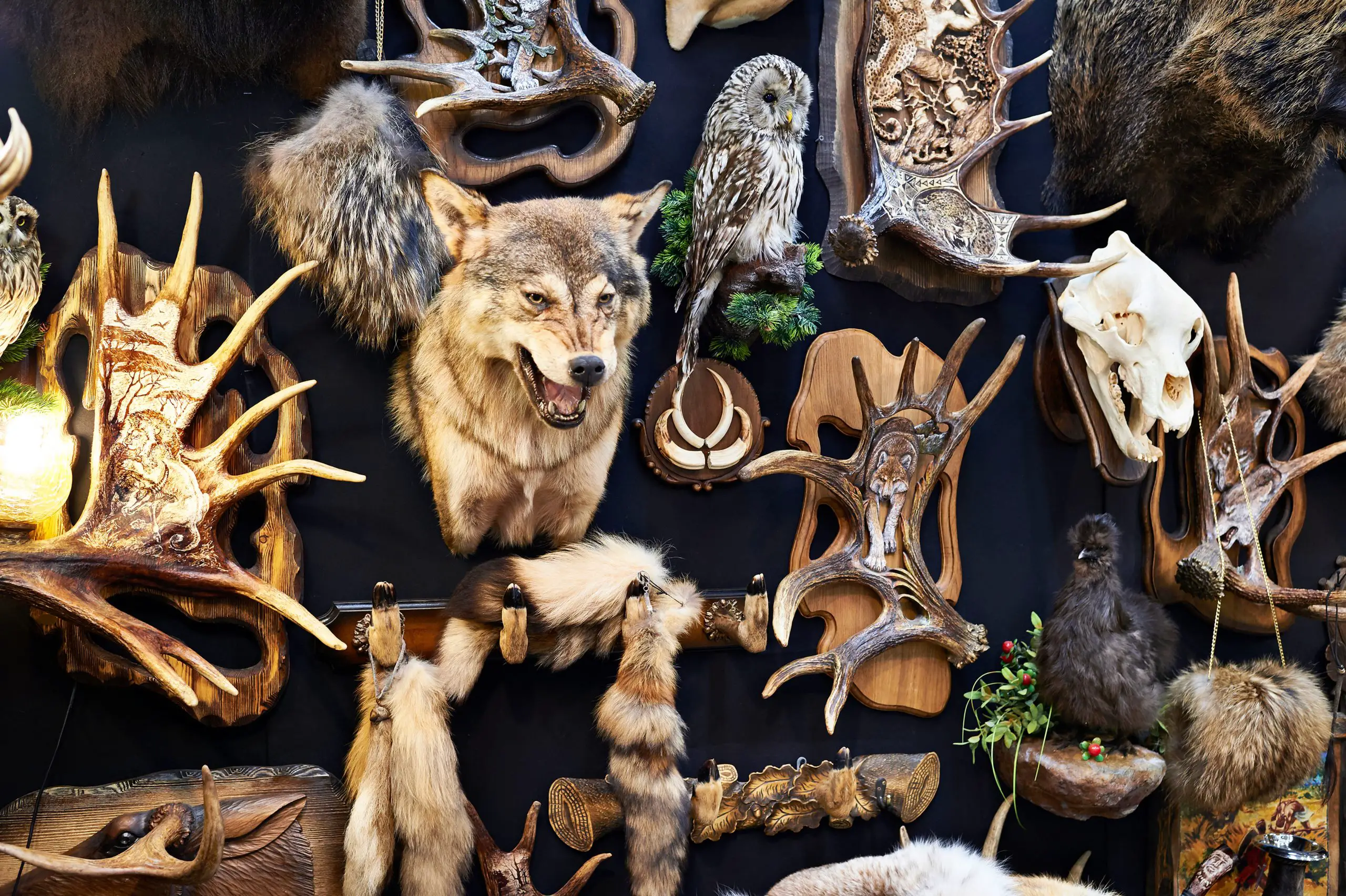Last Updated on May 13, 2023 by Dwayne Easton

Humankind inhabited Earth as omnivorous and hunters since the dawn of time. We have been hunters and gatherers as a way to feed ourselves. Ages have passed, and the instinct to hunt has not faded. Initially, hunting was a prime survival need. Gradually, it has evolved and shifted to a pleasuring act as well. In the present era, hunting has become a proud practice, and to some, it’s a hobby. Other reasons we hunt include crop protection, population control, disease control, and wildlife management.
There are many debates about hunting nowadays—especially with the rise of veganism and vegetarianism. The primitive instinct of humans leads to hunting as it was the only mean of protein food in the past. Wild meat is the leanest type of white and red meat. Hunting provides not only nutritional and physical benefits but social benefits as well.
Lawful hunting is a high-cost investment. It includes the cost of permits, travel and lodging expenses, state-of-the-art equipment, and so on. Individuals have reported spending $ 50-60 K for trophy hunting. It is a massive economic income for selective organizations. The expenses of hunting as a hobby also fund essential conservation works. Legal hunting can also preserve the healthy animal populations in the wild by discarding out those that are less healthy. It also proves the survival of the fittest rule. Moreover, hunting targeted individual species, unfit to reproduce, increases the population of a species. Another benefit of hunting is the skills gained by the hunters. Hunters have to be experts in the characteristics and behavior of the species they hunt. They need to be aware of textbook knowledge like reproduction and hunting season to recognizing footprints in the mud. As a nature lover myself, I never feel as close to nature as when I am hunting.
What Are The Advantages of Hunting?
Hunting, if planned and done in a controlled manner, may assist in wildlife population control. In the United States alone, if the deer population is not controlled and hunting deer was not permitted it would lead to substantial economic losses. The exponential and unchecked growth of the animal population often results in fatal car accidents.
We instinctively need a social life where relations, affiliations, and associations are established. Hunting is, thus, a community activity that safely provides such a platform. The hunting community is very supportive, and hunting trips are often organized in groups. It improves both intrapersonal and interpersonal skills.
Contemporary life has become more inert. Hence health remains a problem area. Hunting is a way to improve personal exercise leading to good health. Just to carry hunting tools is an exercise in itself. All the preparation made for hunting is a part of an active and healthy lifestyle. Going hunting under challenging terrains requires all-year-round maintenance of physical strength.
Moreover, it provides a source of revenue not only for individuals but also for the government. It generates revenue to governments by paying the costs of the permits, weapons, traveling, lodging, etc. It helps in food supply and reduces the industrialized production of meat.
Different parts of animals, like skin horns, hoofs, etc. are used for other manufactured goods.
Why Should Trophy Hunting Be Banned?

In trophy hunting, the hunter keeps a portion of the animal as a souvenir to the memory. Studies have proved that hunting of large & dangerous animals dates back around 5000 years ago. The act later became a royal hobby and an orchestrated demonstration of strength and power. Even today, hunting down a large animal is a display of wealth (as its expensive) and authority. To demonstrate individual dominance over others, some people prefer hunting large and dangerous animals. Some studies attribute the eagerness for trophy hunting to physiological disorders like narcissism, and psychopathy.
There are debates on whether trophy hunting should be banned:
Some of the arguments for banning trophy hunting are as follows:
1. Due to the large size of animals, even the most powerful weapons cannot guarantee the immediate death of the animal. Most of the time, the trophy bleeds for a long time and suffers in agony.
2. During a decade only (2004-2014), 1.7 million hunting trophies have been transported in- between countries. Overhunting creates environmental disbalance and defeats the purpose of modern hunting itself.
3. Trophy hunting has been held responsible for the loss of population and extinction of a few endangered species.
4. The human instinct to prove strong, wealthier, and better than others leads to “pseudo- hunters.” This ultimately leads to abusive practices against animals.
The arguments against banning trophy hunting are:
1. Trophy hunting is no different than any other type of hunting.
2. If trophy hunting is regulated as it should, only the ancient species should be hunted. The older species would typically be a male and the leader of the pack/group. The death of the leader dissolves the group. It makes possible the impregnation of the females by other young males within the species. The phenomenon can exponentially increase the population of a species in a given area. This is the main argument to be explained to people who do not understand how hunting can aid population growth.
How Many Animals Have Been Extinct From Trophy Hunting?
Open sources show that some 13 species have been forced to extinction in the past 200 years only. As per the latest statistics, on average, 70,000 animals are killed/hunted annually for Trophy Hunting all over the world.

Trophy hunters have killed over 78,000 mountain lions in the last two decades, even though a 21-day lion hunt can cost anywhere from $52,500 to $70,000. Hunting has become a significant contributor to the economy around the world. As explained before, the money from trophy hunting and other types of hunting go to different sectors which aid this activity. Since money has become the enabler of trophy hunting, unethical practices are often being conducted. Lions and other endangered species might be raised with the sole purpose of being hunted. However, these do not represent the core values of hunting.

